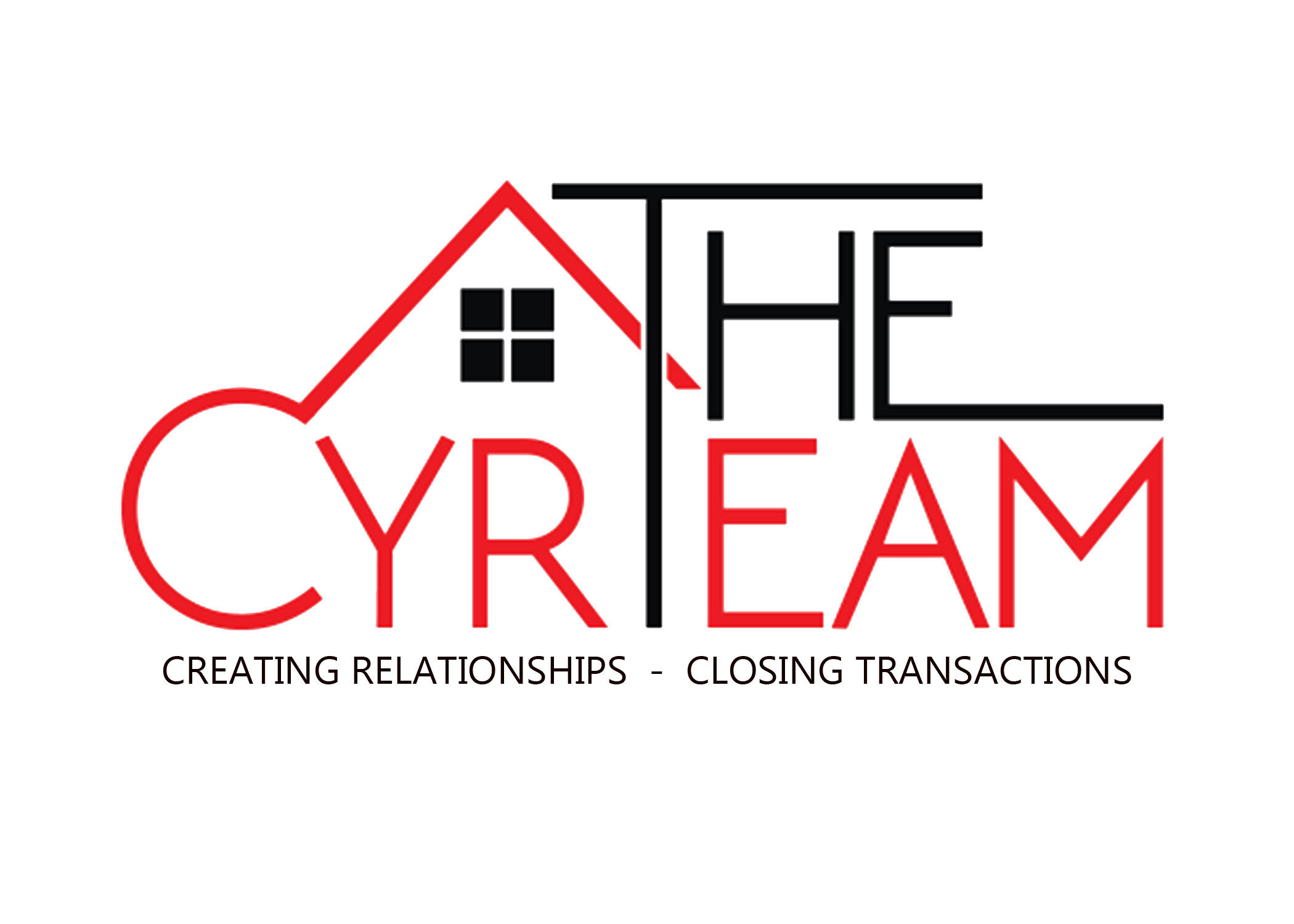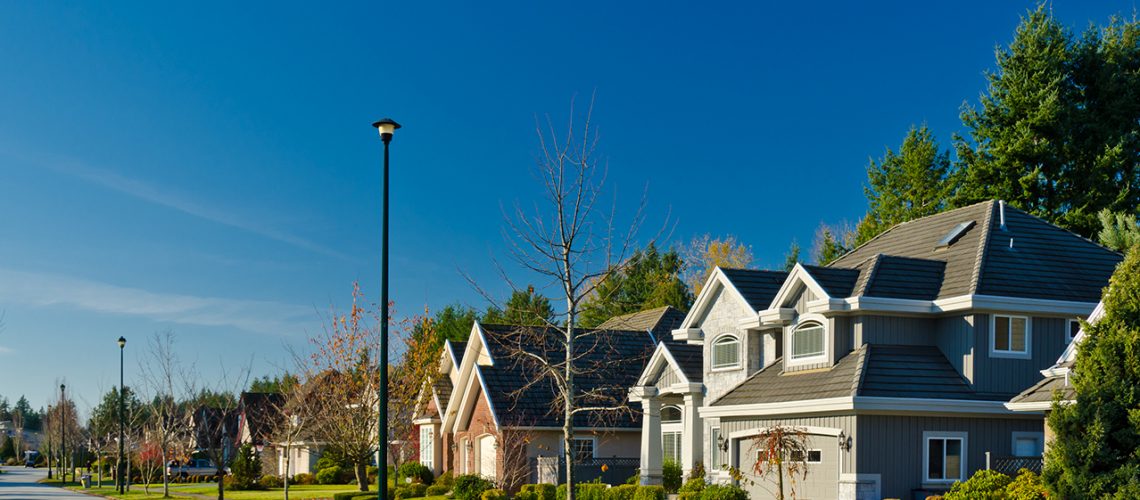Homeowners associations (HOAs) are a common feature in many residential communities. They can offer various benefits and challenges to homeowners. While some appreciate the structure and amenities an HOA provides, others find the rules and fees burdensome. If you’re considering buying a home in an HOA-governed neighborhood, here are some key pros and cons to keep in mind.
Benefits of an HOA
Here are some of the primary benefits of living in a community with a homeowners association:
Maintained Aesthetics and Property Values
One of the biggest advantages of an HOA is the enforcement of community standards. HOAs ensure that homes and common areas are well-maintained, which can help preserve property values over time. Landscaping rules, exterior home requirements and guidelines for renovations help prevent neglect and unsightly modifications.
Access to Amenities
Many HOAs provide shared amenities such as swimming pools, clubhouses, fitness centers and playgrounds. These features add value to the neighborhood and offer convenient recreational opportunities without the need for individual upkeep.
Conflict Resolution
HOAs establish rules to prevent disputes between neighbors. Whether it’s noise complaints, parking issues or property maintenance concerns, an HOA serves as a neutral governing body to address and resolve conflicts fairly.
Community Engagement
Living in an HOA often fosters a stronger sense of community. Organized events, social gatherings and committees provide opportunities for neighbors to interact and collaborate on community improvements.
Common Concerns with an HOA
On the other side of the coin, there can be some drawbacks to living in an HOA:
Fees and Assessments
HOA fees can range from modest to expensive, depending on the community and the amenities offered. Additionally, special assessments may be charged for unexpected expenses, such as major repairs to common areas. These additional homeownership costs can put an extra financial burden on residents.
Strict Rules and Regulations
HOAs enforce guidelines on home exteriors, landscaping, vehicle parking, pets and even holiday decorations. While these rules help maintain uniformity, they can also feel restrictive to homeowners who prefer more freedom over their property. If you enjoy customizing your home’s appearance, an HOA may not be ideal.
Potential for Mismanagement
Not all HOAs are well-run. Poor leadership, financial mismanagement or lack of transparency can lead to problems. Issues could lead to increased fees, inadequate maintenance or disputes between residents and the board.
Is an HOA Right for You?
Deciding whether to live in an HOA community depends on your lifestyle preferences and tolerance for regulations. If you value a well-maintained neighborhood with shared amenities and structured conflict resolution, an HOA may be a good fit. However, if you prioritize personal freedom and want to avoid additional fees or restrictions, a non-HOA community might be a better choice.
Before purchasing a home in an HOA, thoroughly review the association’s rules, fees and financial health to ensure it aligns with your needs and expectations. If you are thinking of buying a home in the near future, it is a good idea to consult with an experience real estate professional who can guide you through the process and help you make the right decisions.
If you are planning to buy a home in the Southeastern Pennsylvania or Northern Delaware areas, contact The Cyr Team today.

